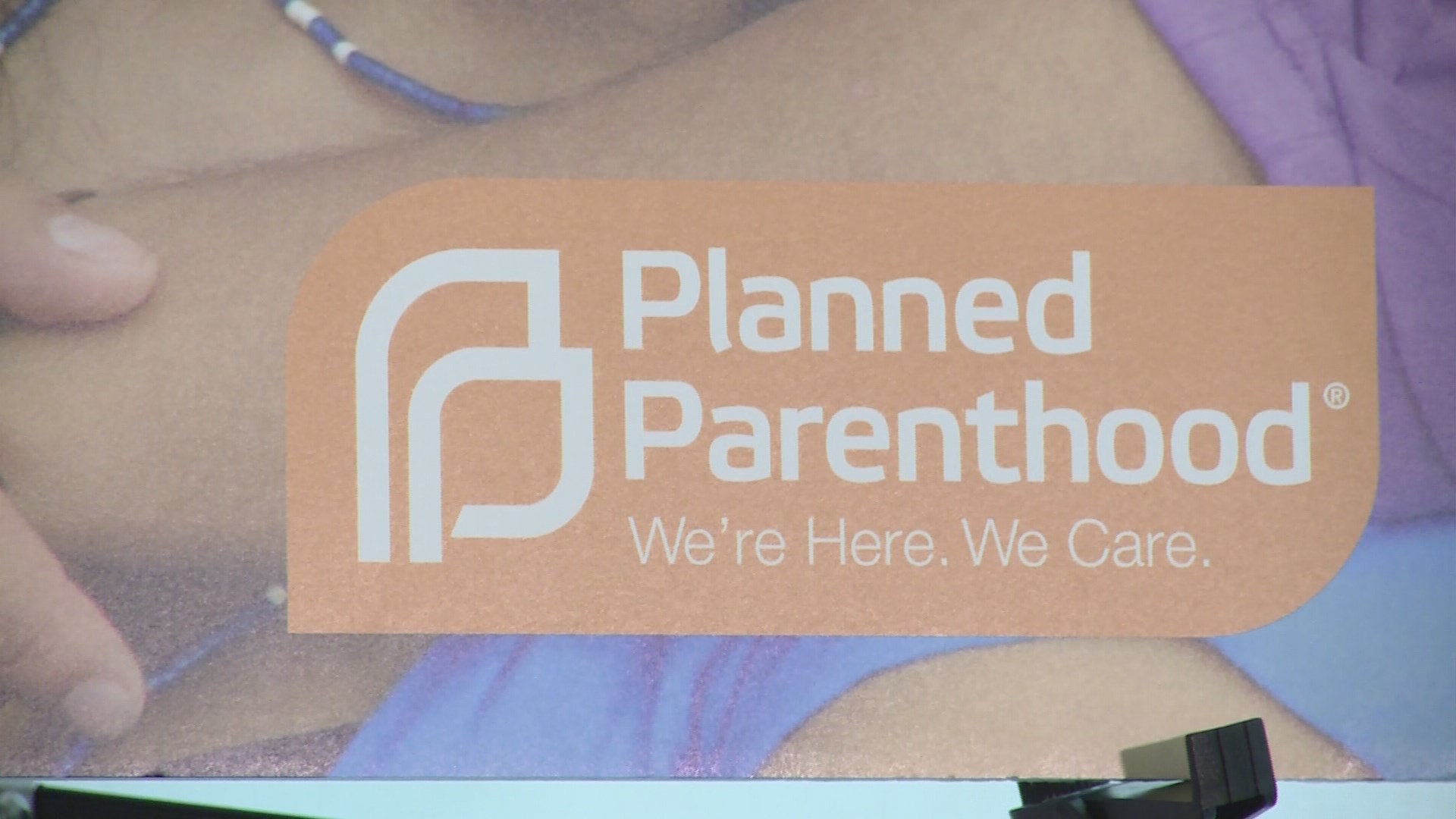U.S. District Judge Sam Sparks ruled Tuesday afternoon that Texas clinics affiliated with Planned Parenthood can continue to care for patients under the state’s Medicaid program, a phew-worthy victory for reproductive rights advocates and a loss for the state's GOP leaders.
In his ruling, Sparks wrote that the state's arguments in the case were "the building blocks of a best-selling novel rather than a case concerning the interplay of federal and state authority through the Medicaid program."
"After reviewing the evidence currently in the record, the Court finds the Inspector General, and thus HHSC, likely acted to disenroll qualified health care providers from Medicaid without cause," the ruling read. "Such action would deprive Medicaid patients of their statutory right to obtain health care from their chosen qualified provider.
The ruling comes more than a year after Planned Parenthood first sued Texas to stay in the joint federal-state health insurance program for the poor and disabled. Texas had begun the process of kicking Planned Parenthood out — even though its participating clinics provided reproductive health care and cancer screenings, not abortions — in October 2015. But the state did not send a final notice to those providers until December 2016. The affiliates in the lawsuit include Planned Parenthood of Greater Texas, Planned Parenthood Gulf Coast and Planned Parenthood of South Texas.
The catalyst for the December push was a heavily edited video released in 2015 by the Center for Medical Progress, an anti-abortion group. The eight-hour video, released in snippets across the Internet, appeared to show Planned Parenthood Gulf Coast employees admitting to selling aborted fetal tissue for medical research. Planned Parenthood has called the video misleading and has vehemently denied such practices.
Shortly after the ruling, Texas Attorney General Ken Paxton said in a news release he was disappointed with the decision and plans to appeal. He said the videos provided sufficient evidence and "exposed a brazen willingness by Planned Parenthood officials to traffic in fetal body parts."
"No taxpayer in Texas should have to subsidize this repugnant and illegal conduct," Paxton said. "We should never lose sight of the fact that, as long as abortion is legal in the United States, the potential for these types of horrors will continue.”
In court, Planned Parenthood attorneys argued that not allowing the reproductive health provider to stay in the Medicaid program, which is largely funded by the federal government, would severely curb access to care for poor Texas men and women seeking preventive and sexual health services. The attorneys also argued that the state did not have the capacity to deliver these services in the same way Planned Parenthood does, and reiterated that state and federal law already prohibit taxpayer dollars from being spent on abortion services.
State attorneys, meanwhile, leaned heavily on the web video throughout court proceedings, pointing out various clips as part of their evidence. While the video appeared to back up their claims, Planned Parenthood attorneys forced several of the state’s witnesses to concede that no employees were seen committing illegal acts in the undercover video.
It was a long shot for Texas lawmakers to get Planned Parenthood affiliates out of Medicaid.
Other states, including Alabama and Louisiana, tried to kick Planned Parenthood out, but federal courts quashed those efforts. Some states have also tried to write bills that would siphon off Medicaid dollars from Planned Parenthood, but the courts have rejected them. In 2015, the federal Centers for Medicare & Medicaid Services wrote to all 50 state Medicaid agencies warning that rejecting providers because they are affiliated with those who provide abortion services is illegal.
This article was originally published at TexasTribune.org.
The Texas Tribune is a nonprofit, nonpartisan media organization that informs Texans — and engages with them — about public policy, politics, government and statewide issues.


